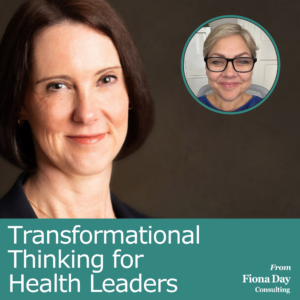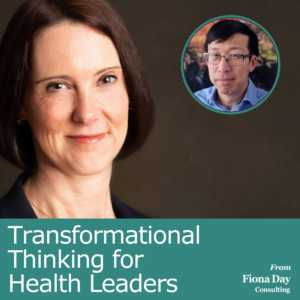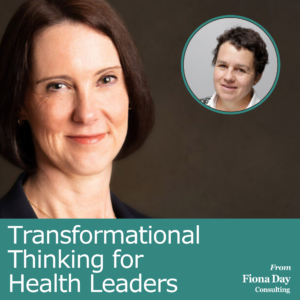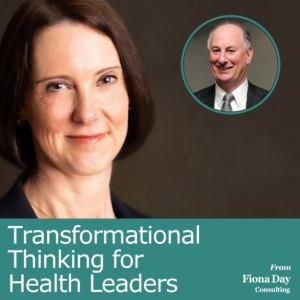Effective Leadership
Effective leadership is a process whereby an individual influences a group of individuals to achieve a common goal’. The world is facing challenges on a previously unknown scale: the impact of the COVID-19 pandemic has had a ‘catastrophic effect’ on the United Nations Sustainable Development Goals. There are now interlinked global crises and significant inequalities threatening the planet and its inhabitants, and leaders who can be effective in the face of both significant complexity and significant challenges are urgently needed.
Effective clinical and public health leadership is essential to improve both population health outcomes and the effectiveness of clinical services. The United Nations 2030 Agenda for Sustainable Development Goal 3 is to “ensure healthy lives and promoting well-being for all at all ages”: to achieve this outcome, challenging targets include:
- ending preventable deaths of newborns and children
- ending the epidemics of multiple communicable diseases
- reducing mortality from non-communicable diseases.
Doctors and public health leaders are in a unique position to respond effectively to the scope and scale of the challenges facing humanity and healthcare: recent failures in UK health care services consistently reinforce the importance of clinical leadership and the need for leaders who can continuously improve services and create compassionate environments. Organisations such as the UK Faculty of Medical Leadership and Management have developed standards and accreditation processes for medical leaders in order to improve the quality and impact of medical leadership.
It is firmly established that leaders are ‘made not born’ – how to ensure that effective leadership development happens both individually and at scale, and to ensure that leadership development interventions translate into organisational – and ideally – system level impact is of key concern. Historically there has been a lack of high quality research in the field of medical leadership development, as well as concerns that leadership training does not always result in effective leadership development.
Recent Interventions
Four recent systematic reviews of medical leadership interventions have confirmed that commonly used methods do lead to a range of significantly improved outcomes at individual, organisational and clinical levels. Gaps remain in the research relating to system level impacts such as disease management or customer (patient) satisfaction, though there are some studies which demonstrate improved patient outcomes in simulation or real-world settings, the latter occurring after longer duration medical leadership development programmes.
The aims of medical leadership development interventions included in these systematic reviews comprised primarily to improve skills development and/ or technical and conceptual knowledge. A range of intervention methods were included in these systematic reviews, ranging from large group didactic lectures/interactive plenary seminars through to individual coaching and mentoring.
Studies in Lyons et al’s recent systematic review which were both of higher reliability and also resulted in organisational level outcomes were more likely have included project work, mentoring, coaching, and the use of reflective instruments. Frich et al noted that while self-awareness is fundamental to leadership capacity, few programmes addressed personal growth, self-awareness, ways of ‘being’, or emotional intelligence. Coaching and mentoring overlap in terms of interventions, all coaching programmes include project work and the use of reflective instruments, and also address personal growth, self-awareness and emotional intelligence.
Senior medical and public health leaders working in complex roles are likely to have the greatest capacity to benefit from expert leadership coaching, and to develop leadership meta-competencies which they would not be able to attain from more traditional approaches to leadership development.
Dr Fiona Day is the world’s only Leadership Coach with advanced coaching psychology, medical and public health qualifications (MBChB, FFPH, BPS Chartered Psychologist in Coaching Psychology, EMCC Master Practitioner Coach & Mentor) and is in a unique position to help you and your teams to flourish. Fiona specialises in coaching medical and public health leaders, is a coach Supervisor, and an EQA Foundation Award Holder. Get 3 hours of FREE CPD with Fiona’s Health Career Success Programme here. Book a free confidential 30 minute Consultation with Fiona here.
Geerts JM, Goodall AH, Agius S. Evidence-based leadership development for physicians: A systematic literature review. Soc Sci Med. 2020;246:112709.
Lyons O, George R, Galante JR, Mafi A, Fordwoh T, Frich J, et al. Evidence-based medical leadership development: a systematic review. BMJ Lead [Internet]. 2021 Sep 1 [cited 2022 Apr 26];5(3).
Steinert Y, Naismith L, Mann K. Faculty development initiatives designed to promote leadership in medical education. A BEME systematic review: BEME Guide No. 19. Med Teach. 2012;34(6):483–503.
Frich JC, Brewster AL, Cherlin EJ, Bradley EH. Leadership Development Programs for Physicians: A Systematic Review. J Gen Intern Med. 2015 May 1;30(5):656–74.









